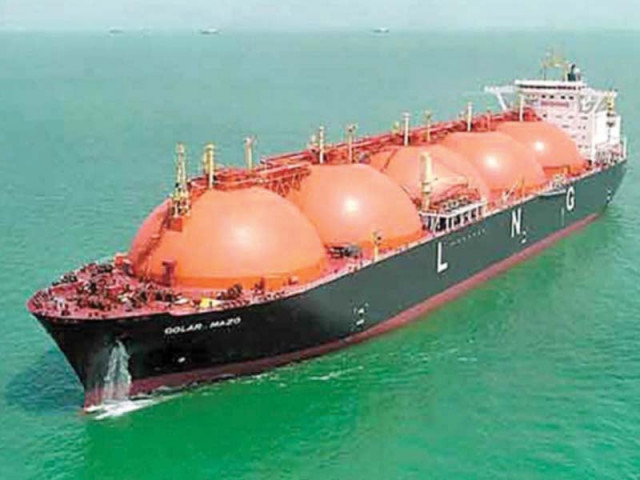Becoming toothless: OGRA’s independence at stake
Govt appoints ex-employee of SNGPL to the top slot at regulator

Govt appoints ex-employee of SNGPL to the top slot at regulator. PHOTO: FILE
According to news reports, Prime Minister Nawaz Sharif has given his consent for the appointment of SNGPL’s ex-employee Uzma Adil to head the regulatory authority. She had also worked as acting managing director of SNGPL and dealt with issues pertaining to liquefied natural gas (LNG) imports.
OGRA may get powers to regulate oil demand, supply
During the previous government of Pakistan Peoples Party, petroleum minister Dr Asim Hussain had tried to bring Ogra, believed to be a judicial body, under control of the petroleum ministry to make it toothless. However, the current government is trying to influence the regulator by making appointment of officials of its own choice who will take decisions in its favour.
Differences
SNGPL and Ogra have differed on many regulatory issues. In one instance, the gas utility, which was incurring higher losses due to theft and leakages, pressed the regulator to pass the burden of losses on to honest consumers that were paying their bills regularly.
Former Ogra chairman Tauqeer Sadiq had also faced investigations by the National Accountability Bureau (NAB) over upward revision in the unaccounted-for-gas (UFG) ceiling. The case is still pending in a NAB court.
Finance Minister Ishaq Dar has lashed out at Ogra high-ups several times in meetings of the Economic Coordination Committee (ECC) for not complying with orders of the federal government to bail out gas utilities.
Ogra, on its part, has been emphasising the need for increasing the collection of bills and tackling gas theft and losses, but no improvement could be made so far. The situation got worse when the ECC issued guidelines to the regulator for allowing the gas utilities 17.5% guaranteed rate of return on transporting LNG through their pipeline networks. Ogra countered that the utilities were already receiving a guaranteed rate of return and the guidelines would put an additional burden on the consumers. However later, under pressure from the federal government, it permitted 17.5% rate of return.
Centre decides on higher rates of LNG, ignores OGRA
LNG margins
Another area where differences have surfaced is the margins for oil and gas companies on LNG supply. Ogra has refused to give the go-ahead to the tolling fee of $1.45 per million British thermal units (mmbtu) for Elengy Terminal Pakistan Limited, arguing it could charge a fee of $0.66 per mmbtu according to an agreement.
The ECC, in its meeting held in the second week of June, had asked Ogra to allow the terminal operator $1.45 per mmbtu as the tolling fee against the levellised fee of 66 cents for 20 years.
The fee was higher because of arrival of lower volumes of gas and the ECC decided that the fee should be collected from the LNG consumers.
Apart from this, the ECC directed Ogra to allow system losses at an average of about 11% for the calculation of LNG price for the consumers, which was initially rejected by the regulator. Ogra had allowed only 4.5% system losses for inclusion in the LNG price.
Thirdly, Ogra did not allow Sui Southern Gas Company (SSGC) to charge $0.025 under the LNG supply agreement, saying it was not covered under the law and the company was not making any additional investment in LNG imports or related infrastructure. However, the ECC directed Ogra to allow SSGC to collect the fee.
According to officials, the member gas in Ogra was already from SNGPL and now the regulator’s top slot is also with SNGPL’s ex-employee. They are expected to implement these orders of the government and burden the consumers with extra charges.
In the two gas utilities in the country, top businessmen are major shareholders, especially in SNGPL. The business tycoons play a role in key appointments in the regulator as well as the utilities.
The writer is a staff correspondent
Published in The Express Tribune, July 4th, 2016.
Like Business on Facebook, follow @TribuneBiz on Twitter to stay informed and join in the conversation.



















COMMENTS
Comments are moderated and generally will be posted if they are on-topic and not abusive.
For more information, please see our Comments FAQ